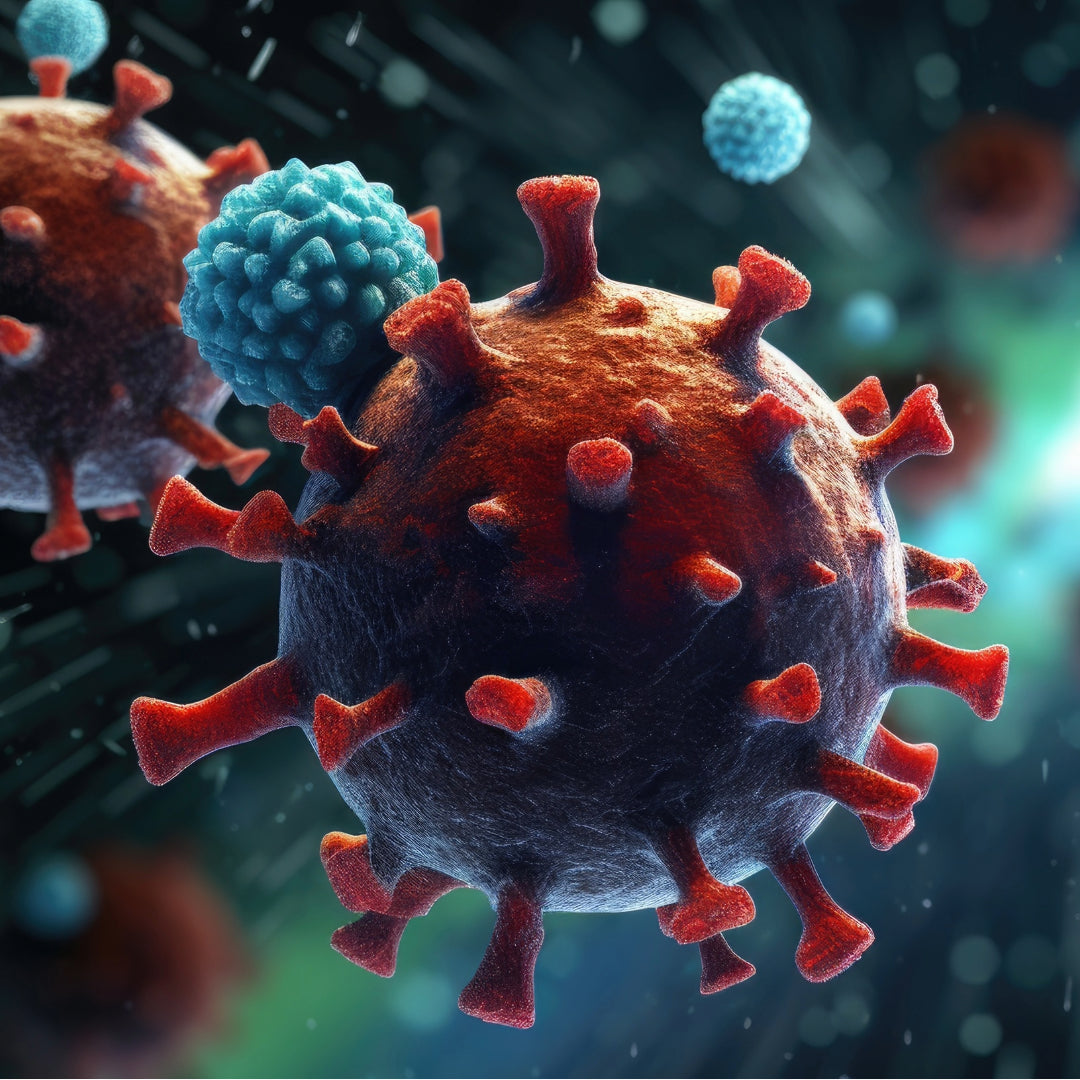Recent studies have identified a wide range of contaminants in drinking water, wastewater and water sources, highlighting an urgent environmental and health problem. These contaminants include both inorganic and organic substances known for their toxicity and persistence, making them particularly difficult to treat.
A major concern is the presence of per- and polyfluoroalkyl substances (PFAS), which were found in higher concentrations in water systems by communities of color during the Human Rights Campaign, indicating significant environmental justice issues. These substances are notoriously difficult to degrade and are associated with various health risks (Harvard School of Public Health).
The presence of these pollutants not only threatens human health but also affects aquatic ecosystems and wildlife, highlighting the need for continuous research and development of efficient water treatment technologies. Since these pollutants vary widely in their chemical properties and impacts, tailored solutions that take into account local environmental and social contexts are required to effectively mitigate their impacts. These solutions are critical to achieving the global Sustainable Development Goal of ensuring clean water and sanitation for all (MDPI).
In addition to our research, researchers and the public can find further details about technological advances and their impacts in current literature and studies that examine these complex interactions and solutions in depth.
Investigations into pollutants in drinking water











